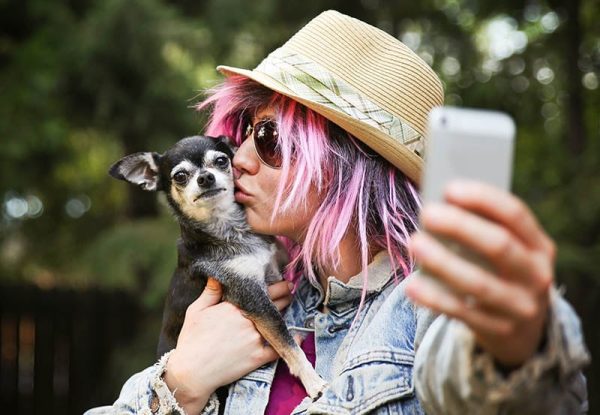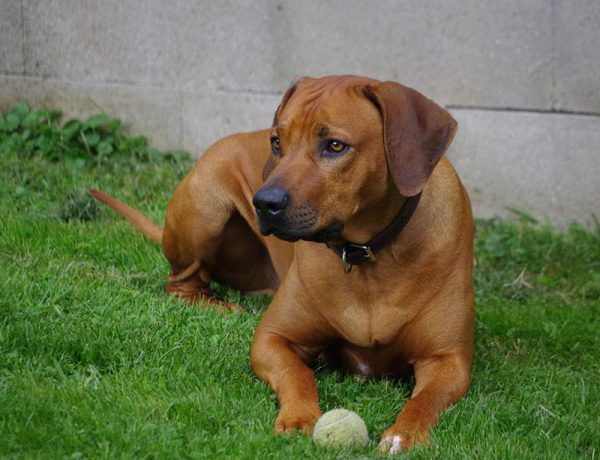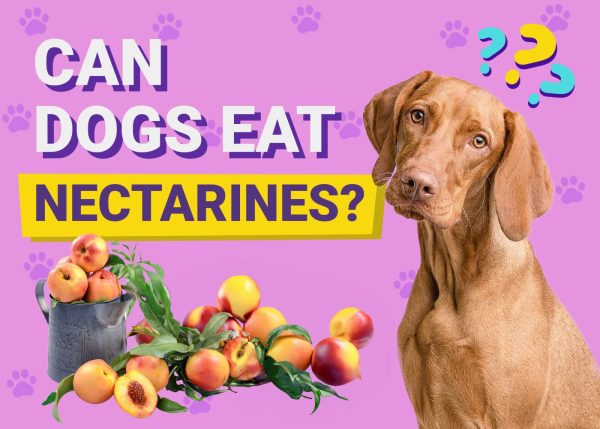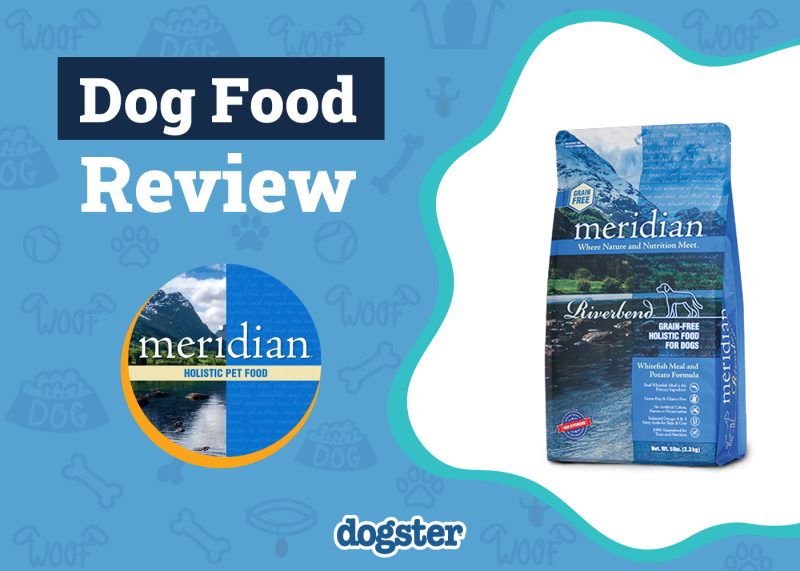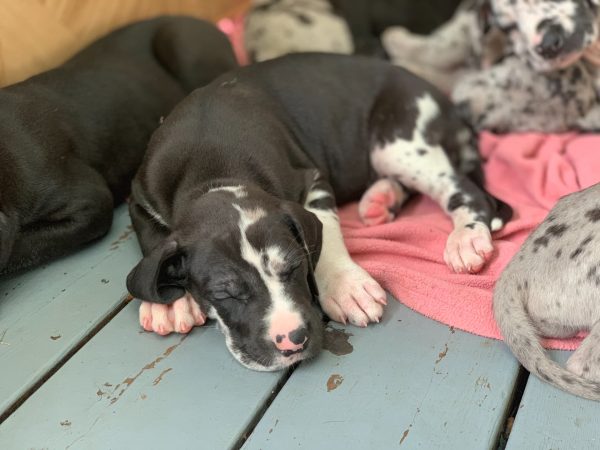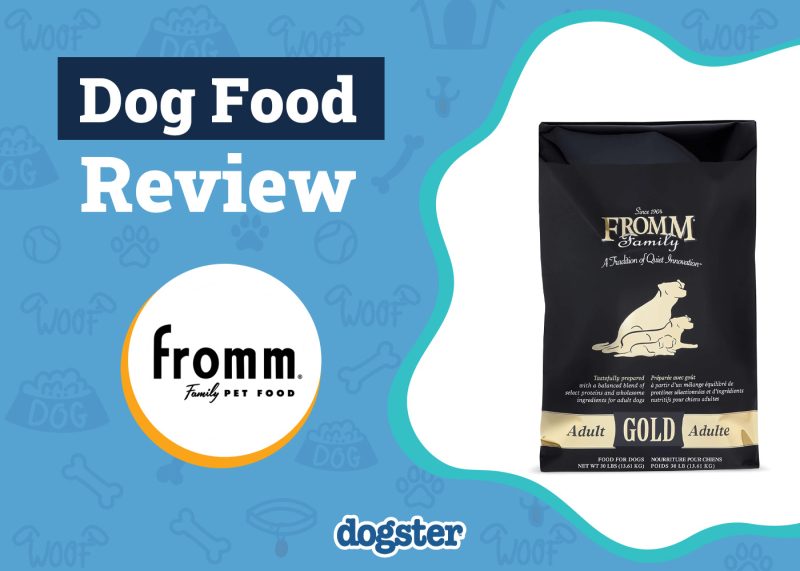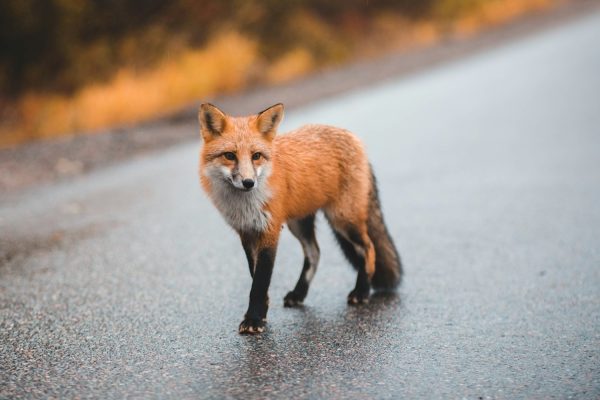In this article
It’s a rite of passage for many dog and cat owners when your furry friend deposits a dead bird, rat, or other animal on your doorstep or even brings it into the house. Your first instinct is probably disgust, but don’t get mad! We know it’s gross and completely unsanitary, but your dog doesn’t know that and doesn’t mean any harm. It’s perfectly natural for your dog to bring you a dead animal. In a lot of cases, it’s even a sweet gesture that shows how close your dog feels to you.
But why exactly do dogs bring you dead animals and what does it mean? They can’t tell us, but it probably all comes down to instincts and selective breeding. We will delve into the behavior of wolves and the retrieving breeds. Unfortunately, killing animals has unintended effects on the ecosystem and can even make your dog sick if they eat an infected animal.
If you’re interested in learning more about the various and specific reasons your dog might have brought you that dead bird, you’re on the right page!

The 5 Reasons Why Dogs Bring You Dead Animals
A lot of dog owners simply assume it’s natural instinct when their dog brings home a dead animal, and that’s broadly correct. This starts with the wolf pack, who bring their pups prey before they can hunt their own. Nature hardwired a lot of behavior, like gift-giving, in canine brains that we humans find weird and off-putting. Some of these natural traits have been selectively bred too.
Dead animals are a sign of the bond your dog has with you, but the exact reasons we can never know, as the dogs can’t tell us. Your dog may not even consciously know why they brought you the animal—it’s instinct, after all. Let’s go over some of these potential reasons just below so you can guess your dog’s motive for yourself.
1. Your Dog Is a Retriever
When you look at the diversity in dog breeds, it becomes clear that each was selected for a specific purpose. If your dog’s breed is a retrieving breed, your dog’s ancestors were selected not only for appearance but their ability to return hunted animals to their owner. Retriever breeds include the classic Labrador and Golden Retrievers, and also the Curly Coated Retriever, Flat Coated Retriever, and Nova Scotia Duck Tolling Retriever.

2. Feeding the Pack
While dogs are highly domesticated, they descended from wolves, so we can use the social behavior of wolves to explain some of their instincts. In wolf packs, all pack members will bring food to the mother while she is looking after pups.
3. They Found It
Don’t be so quick to assume your dog’s the one that killed the animal they’re bringing you. It’s possible they just found it and thought it was really cool, or they liked the smell. And when your dog finds something they enjoy, they want to bring it to their favorite person. They might even try to make a game out of it. Take it as a compliment!
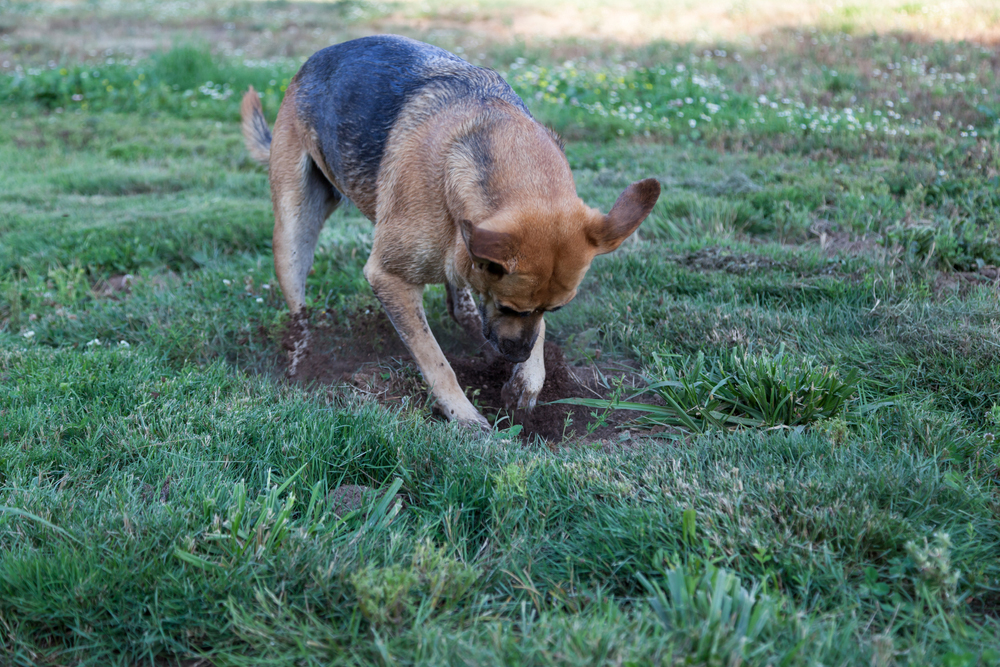
4. They’re Saving It for Later
If you came across the dead animal in your house, it’s possible that your dog did not intend for you to have it at all. They may have stored it in a place they consider safe, to come back to later.
5. Behavior Reinforcement
If this has happened before, it’s possible that your reaction reinforced this behavior. For instance, praising your dog could have sent the message that this is desirable behavior. Dogs with a previous history of hunting will have a much stronger urge to hunt and retrieve dead animals as well. In the latter case, special behavioral modification may be necessary.

What to Do When Your Dog Brings You a Dead Animal
First, stay calm, and don’t scold your dog. If they’re still holding the animal in their mouth, make sure the animal is actually dead, and then tell your dog to drop it. If they won’t gently pry their mouth open and remove it with a glove or plastic bag. Safely dispose of the animal in a sealed bag, preferably outside your home to prevent the spread of pathogens. If it was inside, thoroughly clean the area with disinfectant. Once the animal is handled, don’t forget to thoroughly wash your hands!
It is a good idea to follow up with your vet after this happens. Wild animals can carry a laundry list of harmful parasites, bacteria, and viruses that can make your dog extremely and even fatally ill. We urge you to ensure your dog is always up to date with their rabies shots, worming, and any required vaccinations to prevent them from getting sick just in case something like this occurs.


Can Dead Animals Be Harmful to My Dog?
Yes, and they can be harmful to you too. Wild animals often carry pathogens like parasites and bacterial infections that can spread to your dog. Rabies is a big one you want to avoid at all costs by staying up to date with rabies shots. You should avoid touching any dead animals with your bare hands to prevent any pathogens from spreading to you, as well. Just to be thorough, let’s review some of the possible dangers that dead animals can pose to your beloved buddy.
Potential Dangers of Dead Animals
- Pathogens: Bacterial and viral infections can be carried by wild animals and they can spread these to your dog. Salmonella bacteria, parvovirus and rabies are just some examples.
- Toxins: Animals that eat toxic plants, or ingest dangerous toxins like rat bait, can be a fatal danger if your dog partially consumes them.
- Injury: Your dog can be hurt by hunting wild animals.
- Parasites: Wild animals often carry skin parasites like fleas and ticks. They can also have tapeworm cysts in the muscle, which infect your dog when eaten. If your dog is known to scavenge or kill animals for food, ask your vet about a regular worming medication that covers tapeworm.
If you need to speak with a vet but can't get to one, head over to PangoVet. It's our online service where you can talk to a vet online and get the advice you need for your dog — all at an affordable price!

How to Stop Your Dog From Bringing You Dead Animals
So, we know now that your dog doesn’t mean any harm by bringing you dead animals, but we totally understand that you don’t like the behavior. And really, who wants that in the house or even on their welcome mat? Nobody. So, let’s discuss some of the ways you can prevent your dog from bringing you those gross gifts in the first place.
- Take your dog out on a leash or supervise them while in your yard.
- Only allow your dog off their leash outside in supervised settings like your yard or an off-leash dog park.
- Teach your dog the “leave it” command so you can stop them from picking up random animal carcasses.
- Play games with your dog that replicate their natural desire to hunt or retrieve.

Conclusion
It might churn your stomach when your best four-legged friend brings a dead bird to the door with a wagging tail, but it’s perfectly normal for them. To them, they’re doing you a favor and being the goodest boy or girl. It might even be in their genetics, depending on the breed. You can try to prevent this by keeping your dog on a leash and not allowing them outside unsupervised, but you can’t entirely remove the urge to hunt.
Featured Image Credit: Sestra, Shutterstock










